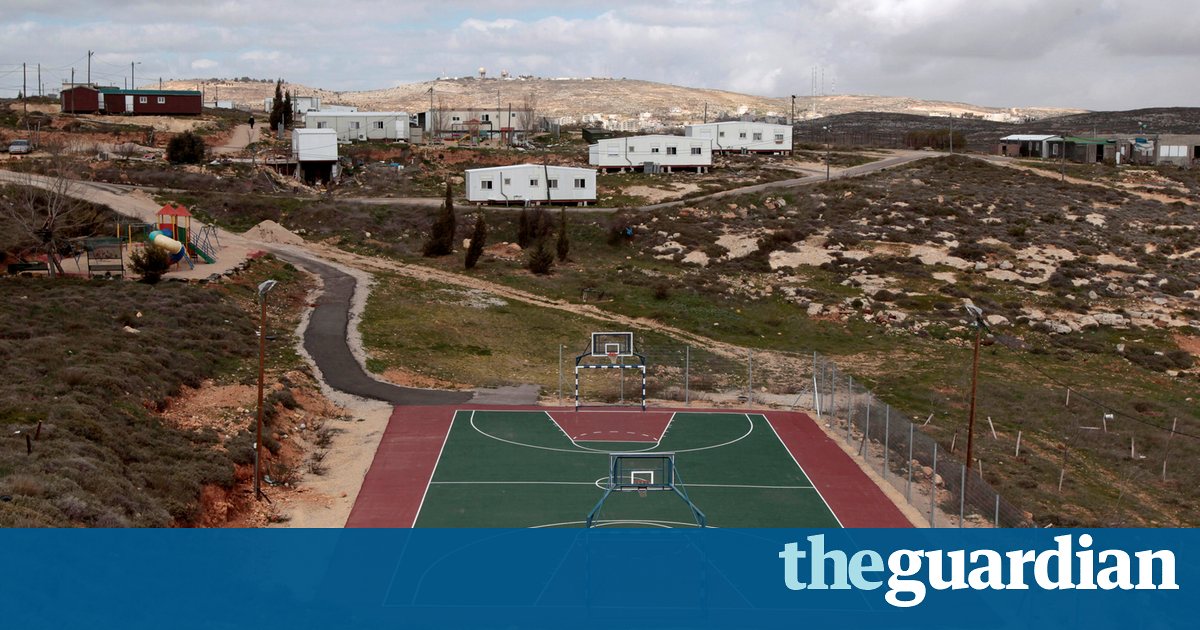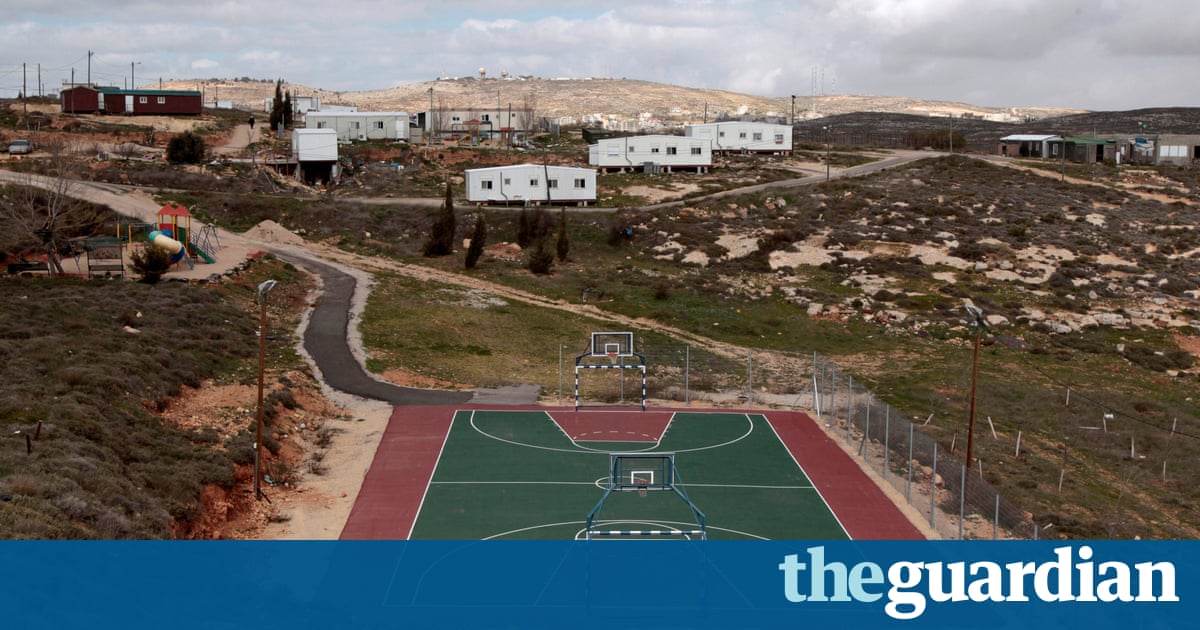Israeli ministers vote in favour of legalising outposts

Committee vote puts Israel on track for clash with courts and international community over illegal settlements

The Israeli government has set itself on a collision course with international opinion and its own legal system after a ministerial committee voted unilaterally in favour of a bill to legalise outposts Israel previously regarded as illegal.
Critics say that if the proposed bill passes into law it will allow the theft of any Palestinian-owned land, while others, including those on the right, say it endangers Israels international standing.
The vote by the ministerial committee for legislation on Sunday evening came despite the bill being opposed by the prime minister, Benjamin Netanyahu, and the attorney general, Avichai Mandelblit, who described it as indefensible.
While all Israeli settlements in the occupied West Bank and East Jerusalem are regarded as illegal by most of the international community, outposts built by hardline settlers without Israeli government approval have also been treated as illegal by Israel.
The opposition leader, Isaac Herzog, said the proposed legislation was a serious stain on Israel law books, because it authorises theft and robbery. There is no precedent, nothing like it, in which the Israeli government authorised a law that allows taking land from private people.
The Israeli anti-occupation group Yesh Din said in a statement: The regulation (outpost) bill approved today is a legal stunt designed to legally sanction takeover of Palestinian land in the West Bank.
This bill is discriminatory and authorises exploitation confiscation of Palestinian landowners ability to make use of their land, denying them the right to appeal.
The proposed law must still pass the Knesset but Sundays vote means it will have coalition support as it proceeds. It could still be challenged in court.
The bill was one of two controversial pieces of legislation to be approved by the committee on Sunday. A second seeks to ban loudspeakers for the Muslim call to prayer.
Both votes were condemned by the office of the Palestinian president, Mahmoud Abbas, which said the leadership would go to the UN security council and all international organisations in order to stop them becoming law.
The settlement vote which had already been postponed once was forced through by the justice minister, Ayelet Shaked, who is a member of the pro-settlement Jewish Home party led by Naftali Bennett, who has also been a prime mover behind the proposed law.
Bennett welcomed the historic process of authorising the settlements in Judea and Samaria, using the Israeli terms for the occupied territories.
However, Avigdor Lieberman, the defence minister who lives in a settlement himself, said the move was counter-productive following the election of Donald Trump in the US, who seems more settlement-friendly than his predecessor.
Anyone who is fearful for the future of the Jewish settlements in Judea and Samaria understands that, at this moment, the most important thing is to coordinate our positions with the new American administration, Lieberman said in a statement.
This is the first time that a rightwing government in Israel has a Republican president, and a Republican majority in the Senate and Congress. Therefore we cannot create facts on the ground and embarrass the incoming administration. Everything must be agreed and coordinated.
The law has been pushed by Bennetts party to prevent the demolition and relocation of the controversial Amona outpost, which is built on seized private Palestinian land, and which a court had ordered to be knocked down just before Christmas.
Founded in 1995, Amona is the largest of about 100 illegal outposts in the West Bank. When a partial removal of settlers was attempted a decade ago, it sparked violent clashes between settlers and Israeli security forces.
The case of Amona has become a cause celebre for political backers of Israeli settlement in the occupied Palestinian territories, who have been given renewed vigour by the election of Trump last week.
However, a legal opinion provided by Mandelblit found the proposed legislation would make it possible to confiscate private property, contrary to Israeli and international law.
The vote pushes the long-running saga of Amona home to about 40 settler families back into the public eye. It has already been the subject of several court cases and various political machinations, and this move now appears to scotch a proposal to relocate the settlers.
The ruling would apply to thousands of other housing units built on private Palestinian land. It also, said Mandelblit, threatened to create a constitutional crisis by attempting to overturn court rulings.
Israeli media reports said some judicial officials had warned that the move would make Israel more vulnerable to action in international courts.
Behind the voters defiance of Netanyahu who is reported to believe the move will damage Israel is a tussle between his and Bennetts party to win over rightwing voters.
In a separate development on Monday, Israels supreme court rejected a government petition to postpone the court ordered demolition of Amona, further increasing the potential for tension over the issue, not least between ministers and the judiciary.
Israels continued expansion of settlement building has infuriated Palestinians and created friction with the Obama administration, which regards all settlement building as an obstacle to peace.